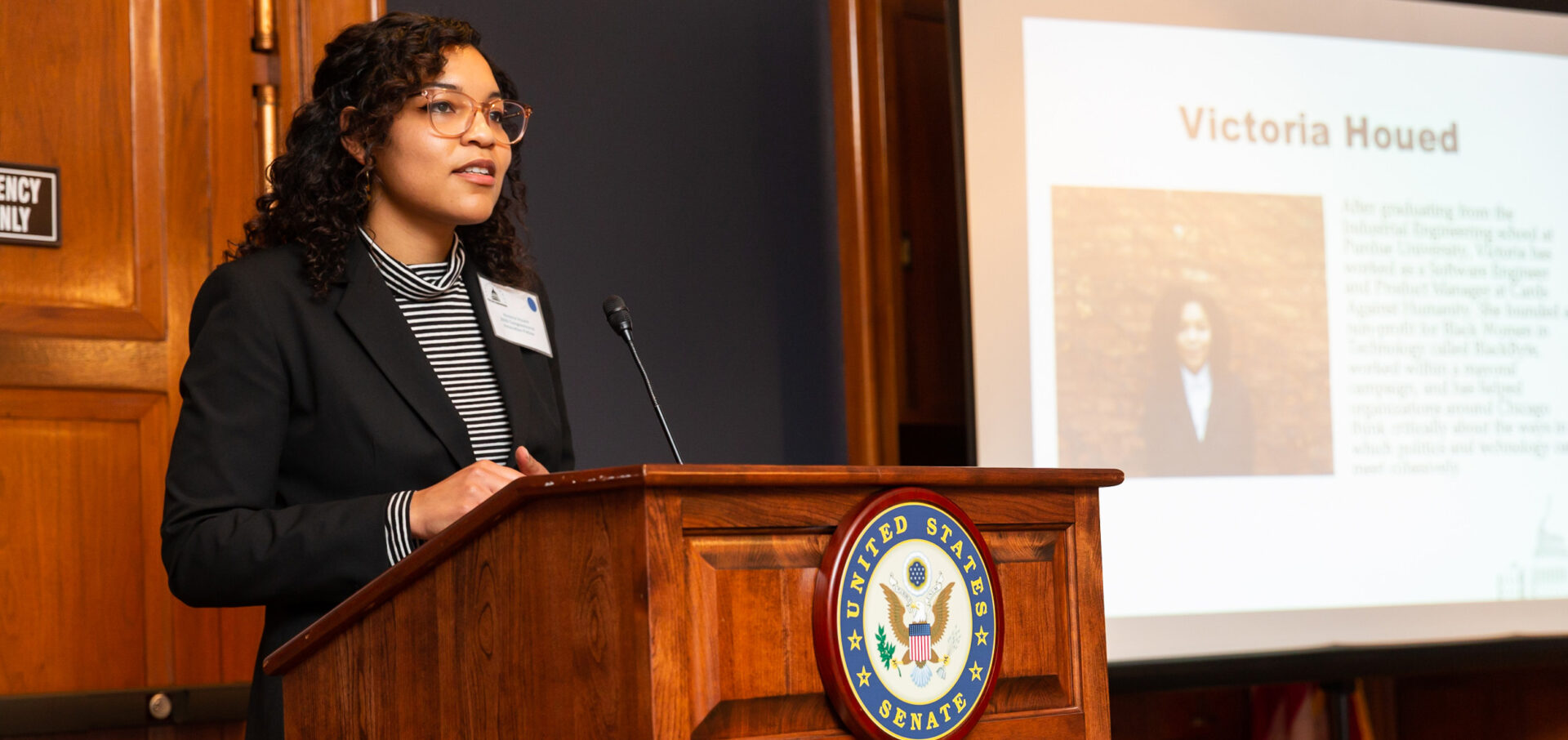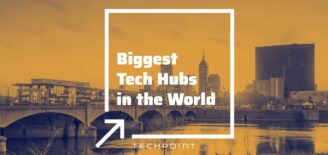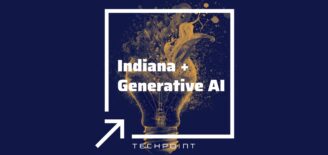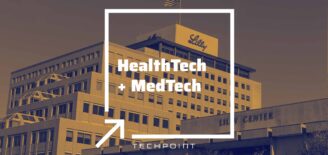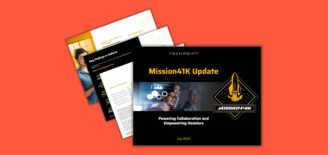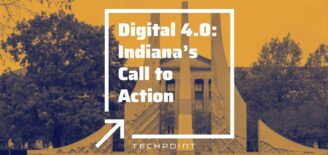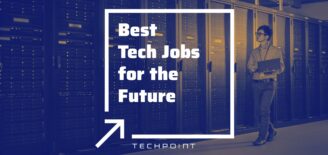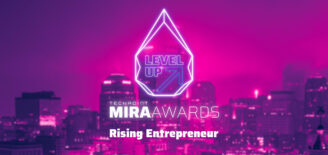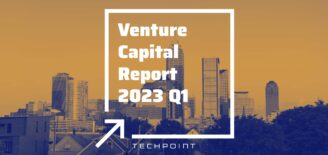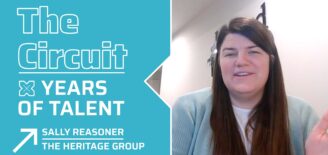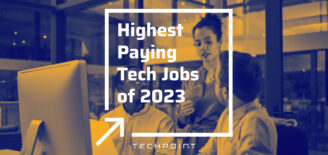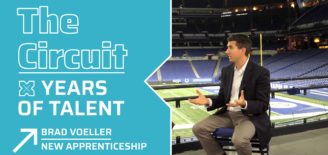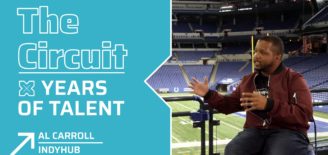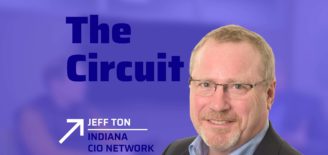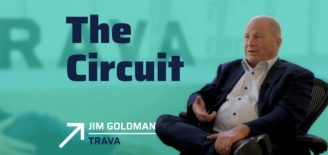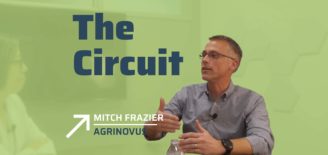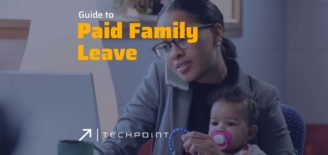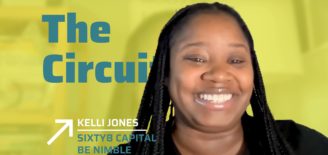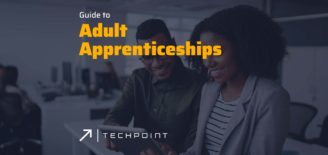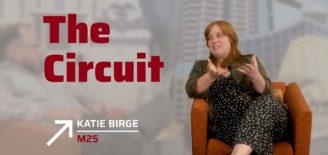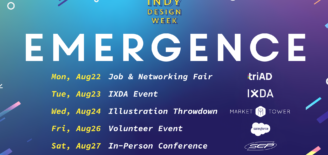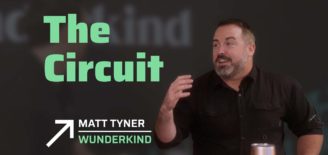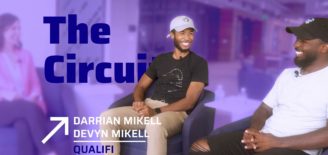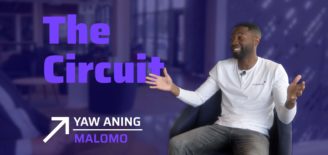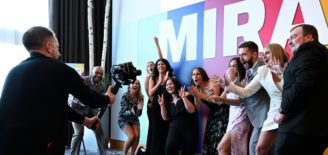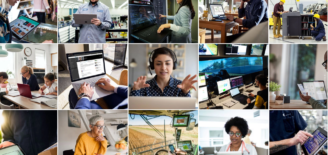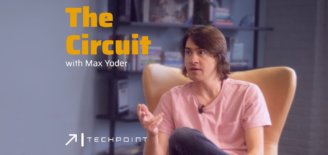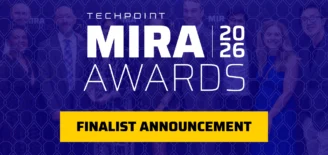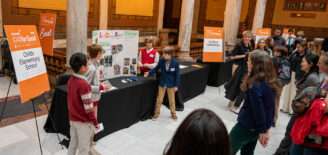Bringing Tech to Congress
TechCongress is a nonpartisan non-profit, which was incubated at the Open Technology Institute at New America research center in Washington D.C., that seeks to bridge the gap between government and the technology community. It places computer scientists, engineers and other technologists to serve as technology policy advisors to Members of Congress through one-year Congressional Innovation Fellowships.
The fellowships are opportunities for Hoosier students to stretch their skills and—using a bit of policy wonk vernacular—to help make the sausage. TechPoint spoke with Victoria Houed, who is working in Speaker Nancy Pelosi’s office in the House of Representatives as a TechCongress Fellow, to determine if the experience is one she’d recommend to others. We learned a lot more than that.
Q&A with TechCongress Fellow Victoria Houed
Let’s start with a bit about yourself:
My name is Victoria Houed and I grew up in the suburbs of Chicago. When I was a child I had two dreams: to be the first woman president, and to be a math teacher. Math was always a great escape for me. I still remember when I first learned how to do long division and kept practising day and night. Then I discovered Legos and decided that I wanted to become an engineer. Many years later, I ended up at Purdue University studying Industrial Engineering.
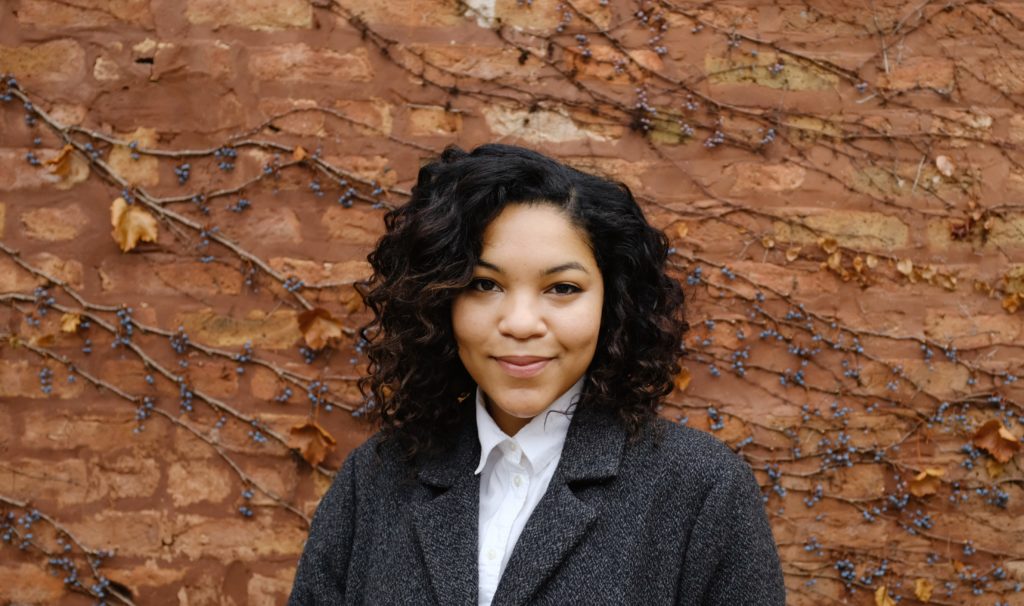
What made you choose Industrial Engineering? How did you then move to Software Engineering?
I initially wanted to be a civil engineer when I arrived at Purdue, but switched because I thought the industrial engineering curriculum was a better fit for me. It was, at the time, one of the youngest engineering programs at Purdue and the curriculum required students to take classes in every type of engineering field, which I loved. We took mechanical, electrical, nuclear, systems and software engineering courses. During my final year at Purdue, my senior project required me to learn how to program a raspberry pi (a small computer), which got me interested in becoming a developer. Knowing how to program allowed me to build a light up jacket for Chance the Rapper post graduation, which helped me get the software engineering jobs that followed.
There aren’t as many Black women in tech as there should be. What’s been your greatest positive moment and your worst negative one as a tech professional?
When my friends and I made the jacket for Chance, we got tickets to go see him perform and wear the jacket in front of 47,000 people. There was a Black woman next to me at the concert, who, when she found out I made the jacket Chance was wearing on stage, cried like she was my proud mother, telling me how I have to keep going with engineering because we need more Black women in engineering roles to show young Black girls that anything is possible.
The worst thing that happened in my professional career was when I was working at a company that kept giving me more and more responsibilities, but no matter how much I asked for monetary compensation for the increased amount of work, I never got it. Which is why I left in the end. When you’re first starting your career it’s hard to know your worth, and people definitely take advantage of that.
TechPoint is working to encourage more Black and female leadership/participation in the state’s tech ecosystem. What advice do you have for us?
For the youth, it’s important to offer programs that create awareness of the tech world. I was lucky enough to have engineering classes in high school where I learned AutoCAD, built a Rube Goldberg machine and learned the fun parts of engineering/tech early on. Something like after-school coding classes in predominantly Black communities can do so much to create a whole generation of technologically advanced kids.
For adults, I’ve found that building a supportive community is the best way to bring in new people and give them confidence to start the companies they’ve been dreaming about. Having mentorship or peers to ask questions is so important. This can look like a meetup group, or starting a Black women in tech Slack, or creating weekly video chats with Black entrepreneurs.
Tell us about BlackByte, the networking nonprofit you founded.
When I started working at Cards Against Humanity, I was working with another Black woman who was a product designer on my team. That friendship taught me how important it is to have community with people who share your experiences. It inspired me to create a meetup group for Black women in tech, which then grew into a nonprofit. My short-term goals were to just create a platform for Black women to hang out, and support each other throughout our careers. We’ve had events anywhere from board game nights to events where members get to speak about their work in AI, cloud computing, their coding schools, and more. My long-term goals are to create a mentorship program and to create an educational scholarship program.
Tell us about TechCongress.
As I got better at software engineering, and as the world started getting more political, I began to think more and more about the intersection of tech and government. I spent some time working on my friend’s mayoral campaign, I moderated a few panels on tech and government, and knew that I wanted to do something in that field. I found the TechCongress fellowship through another tech community I’m a part of called 18Coffees (again, community building is so important!). I applied and got in!
Through TechCongress, fellows get to work on tech policy with a committee or member of Congress. Everyday I am in disbelief that I ended up working for Speaker Nancy Pelosi during one of the craziest years in the history of our country.
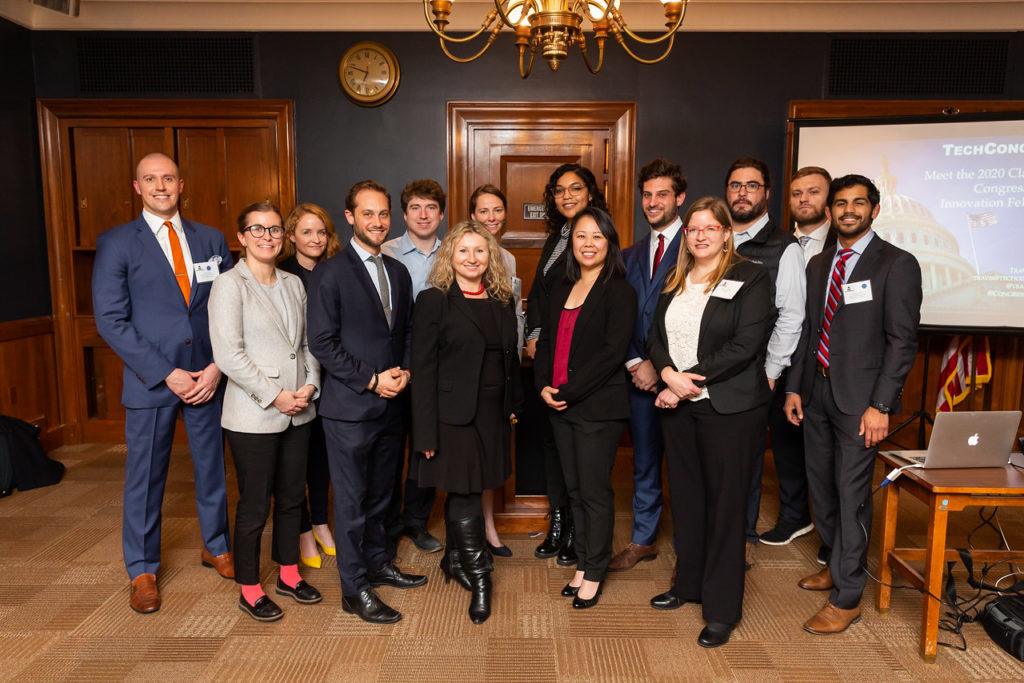
What can you tell us about working for Speaker Pelosi during this historic time? Did your tech background help you or come into play at all?
This has been the most challenging, but fulfilling, year of my life. Leadership offices are so different from the rest of the offices on the Hill because you’re there to help all of the other offices get what they need to succeed, and you also end up having a hand in basically everything that gets voted on. I’ve been able to use my tech expertise to help out with legislation and conversations related to autonomous vehicles, broadband, data privacy, exposure notification apps, disinformation, election security, cybersecurity, AI, and so much more. Basically anything tech-related that comes to the Speaker’s office, I’ve been able have a hand in.
Would you encourage others to apply for the next Fellowship round?
I would recommend the fellowship to anyone looking to make a move into a completely new world. Congress is so different from the tech world, but if you’re looking for a way to do something meaningful with your tech background, this is a great option for you.
You’re a Boilermaker and clearly a tech talent. How can we convince you to bring your talents back to Indiana?
I love Indiana so much. I learned so much about myself during my time there, and I really miss the kindness of the people. I still visit Indy and Lafayette on occasion, and wouldn’t be surprised if life leads me there again somewhere down the road. I think the first thing I would do is expand BlackByte into Indianapolis, and start helping out with building new communities for technologists.
Interested in going to D.C. as a TechCongress fellow? Applications for 2021 are currently closed, but start exploring for the next opportunity here: https://www.techcongress.io/

